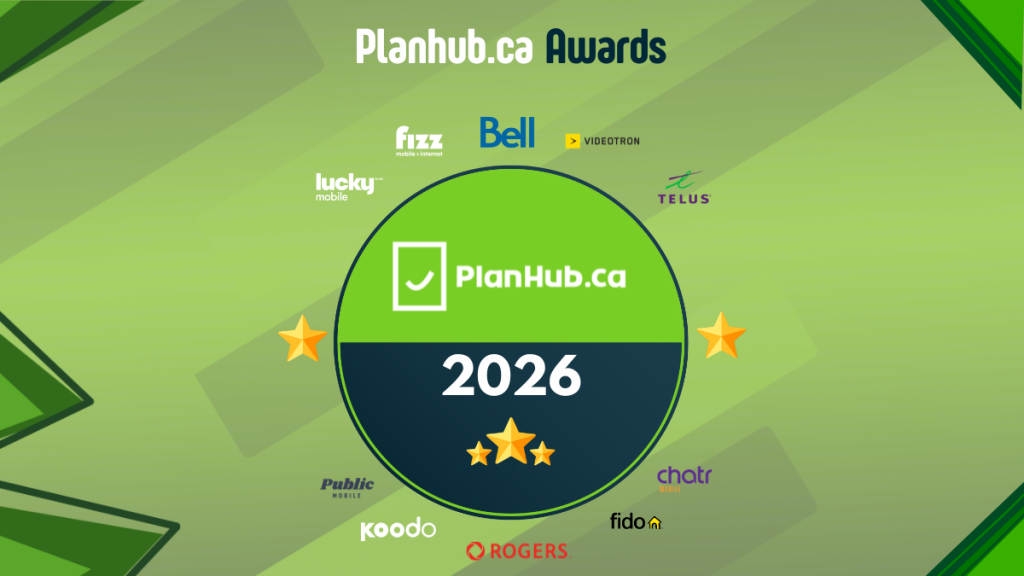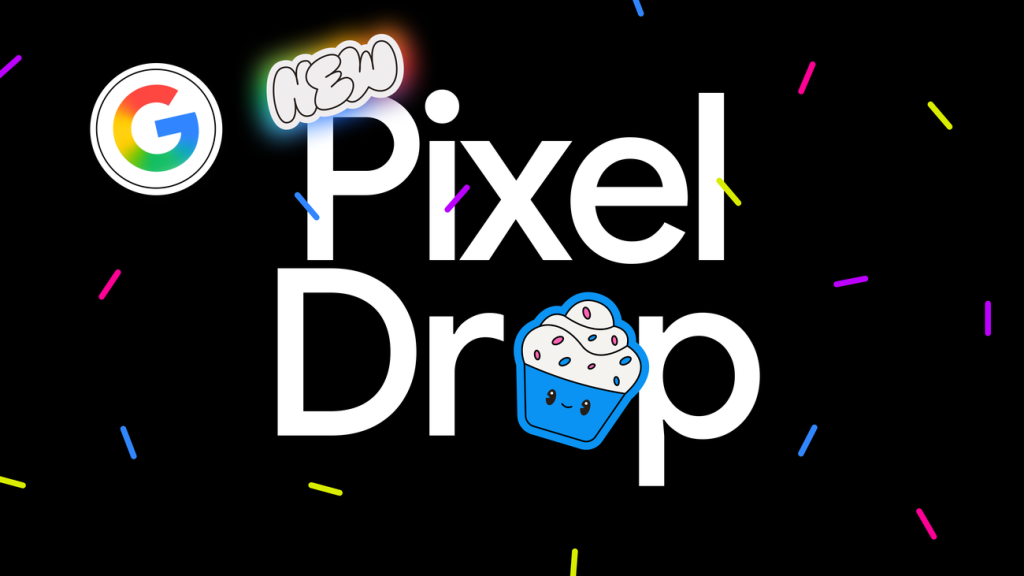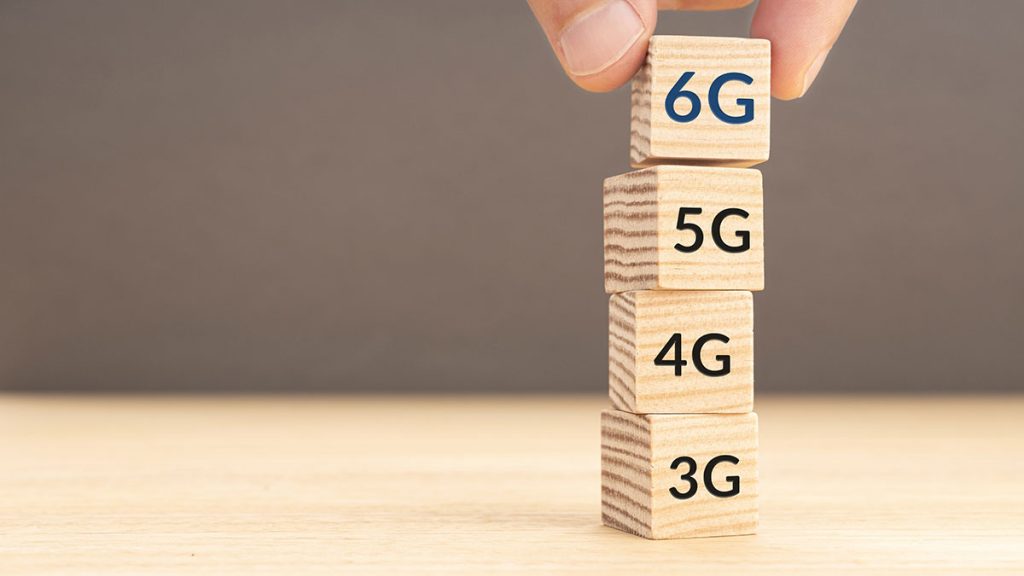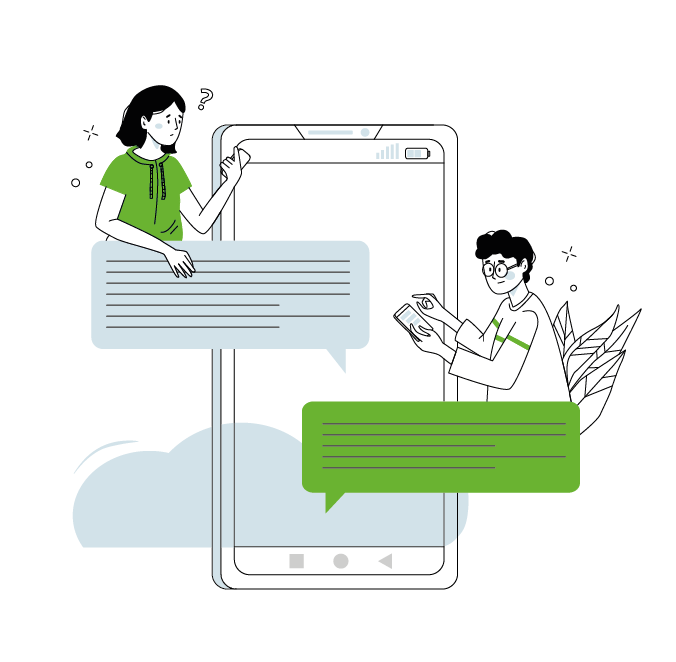A recently filed Google patent reveals the company’s research on an artificial intelligence capable of cross-referencing your biometric data with your digital consumption habits. The goal: to warn you before you access content that could cause stress.
The concept behind cross-referenced biometric monitoring
Customizable preventive alerts
On-device processing to reduce risks
Google would favor on-device operation, avoiding the transfer of sensitive data to its servers. Federated learning would progressively improve the model while keeping information local.
A validation system would allow users to confirm or correct stress detections, thereby refining the accuracy of future predictions.
This patent illustrates the new frontiers explored by tech giants in personalized assistance. However, automated analysis of our emotional reactions to content raises questions about the boundaries between help and surveillance, even with privacy safeguards.
The transition from patent to commercial product remains uncertain, but this research reflects the evolution of Google’s ambitions in digital well-being.







